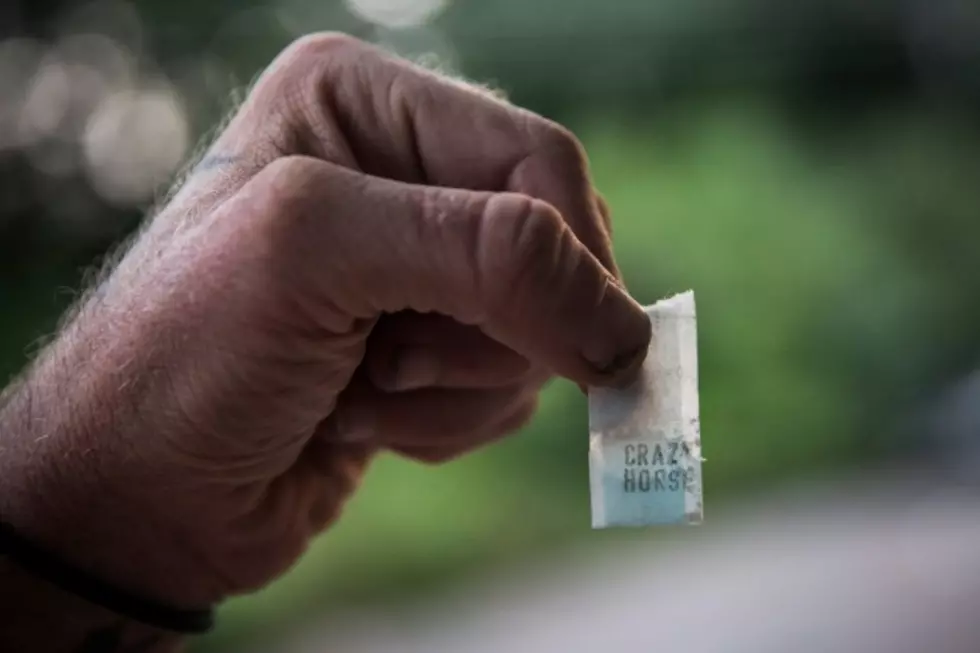
Heroin Related Deaths Are Out of Control in Connecticut
Last year, according to Patch.com, around 500 Connecticut residents lost their lives to overdoses involving opiates, heroin, and fentanyl. From the big cities to the affluent suburbs, and from ages 17 to 72, these addictive nasty drugs are becoming more available, less expensive, and the death toll continues to rise.
I'm writing about this heroin issue because I have a loved one who is a recovering heroin addict. His path to heroin began with opiates, and when he decided he needed a more intense high, he made the decision to "sample" some heroin, thinking that it would only be a one time thing.
Wrong......this drug produces such an intense high, that it grabs you to the point where you can't let go. If you try to kick it, you become incredibly sick. It's either one extreme or the other. He readily admits it was his decision and blames no one. Luckily, his story doesn't have a tragic ending.
Thank God it was also his decision to get himself into a methadone program where he's begun the tapering process, so eventually he will be methadone free.
In the "News-Times" this morning, the headline reads, "Heroin deaths sign of a larger trend."
According to Dr. Peter Rostenberg, a New Fairfield addiction specialist, most opiate users are middle class. Often times mental illness is a catalyst for addiction, so therapists are not only treating the disorder, but they're treating the addictive behavior.
Please remember that if your loved one, whether it be your teenager, adult child, or even a close friend of the family has a mental illness, it was not a choice they made.
Your loved one has a brain that's "wired differently" than most people. For instance let's take "Borderline Personality Disorder," which my loved one suffers from.
According to The National Institute of Mental Health(NIMH) someone who has BPD suffers from **"Problems with regulating emotions"....**Impulsive and reckless behavior"....**Unstable relationships with other people."
With this disorder comes depression, anxiety disorders, substance abuse, along with eating disorders, and sometimes suicide. Do you think they choose to feel this way?
These hideous symptoms may lead BPD sufferers to try opiates and eventually heroin, which in the short term, makes them feel better.
If your trying to maintain a friendship with someone like this, and you're finding it extremely difficult, this may be the reason. For a more comprehensive look into "Borderline Personality Disorder," simply click this link.
More From WRKI and WINE









